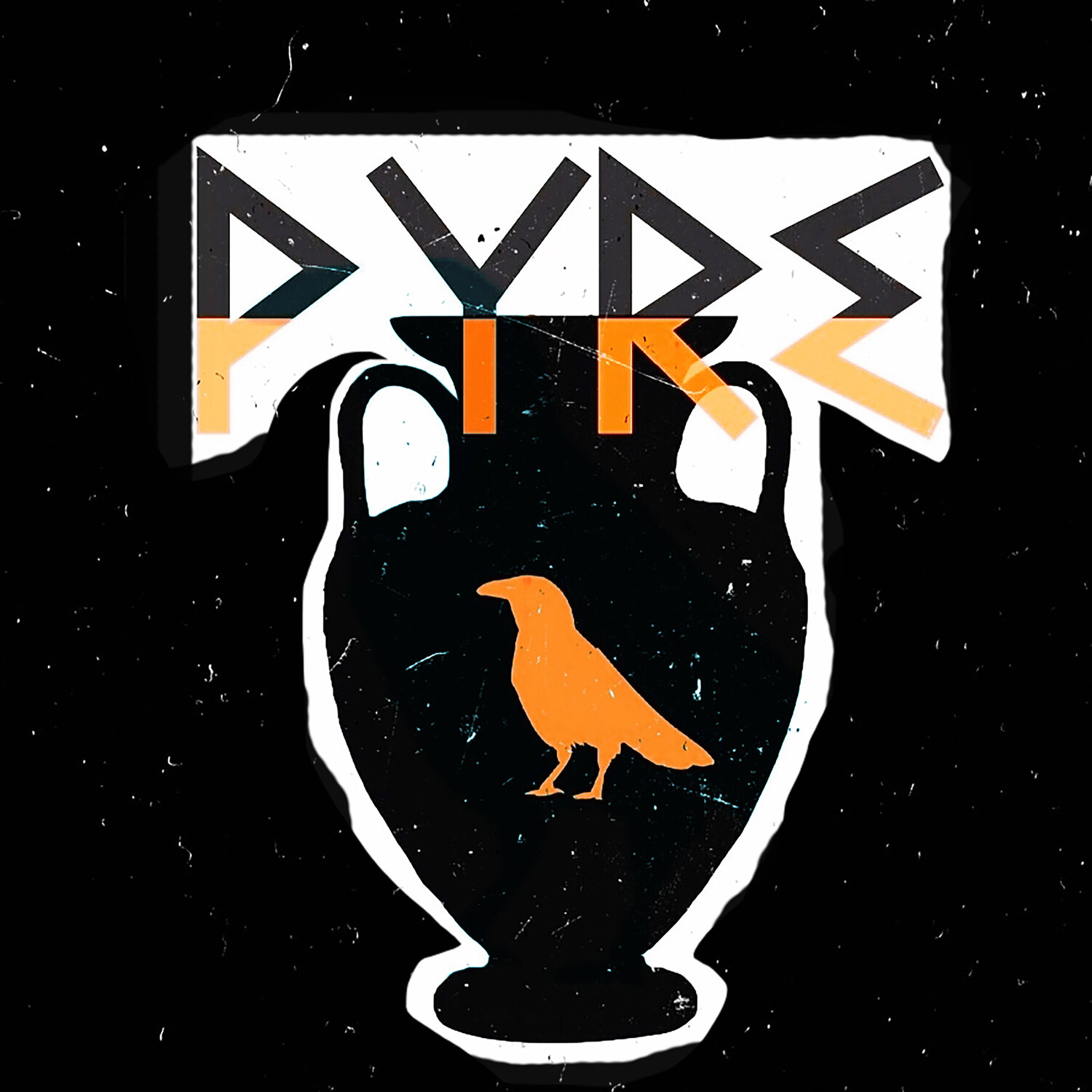You Can Never Offer Life — By Kevin M. Casin
A dish of strontium. A whiff of your brew. A drop of your semen. You’ll show the world sexuality doesn’t mean you’re barren. You will have your children. If even they’ll kill you.
The inspirational research article lies beside rejected adoptions papers, court filings against a surrogate, receipts for failed in vitro fertilization, all enshrining the Book of Leviticus and Dante’s Inferno. “Thou shall not lie with a man…” you read repeatedly, and now you understand God’s and the poet’s reasoning behind the passage—if men laid with men and not women, it meant no children; it meant society collapsed.
Your eyes flit to the Sodomites’ infernal labors. As they meander over scorching sand, you study the note you scribbled in the margins. You discussed Dante’s placement of the artist Brunetto Latini in the seventh circle in college. It reads: “he never gave the world his art. Punished for offering society nothing.” Brunetto never offered art. And you can never offer life.
As you recall the sermons from Sunday church and the daily Christian school lectures, you swirl the Petri dish. You balance the waves to keep them from spilling on your kitchen counter. No bubbles yet. Experiments are supposed to have bubbles, right? You set the dish back in the incubator you built and mark the passage of time with the prattling rain outside the window. One minute turns into two, then three and four. Has the reaction even started?
Maybe the aerosolized viruses didn’t work. But the company guarantees an 80% knockdown efficiency in human cell cultures! It’s cutting-edge genetic technology! Why won’t it work here? Essential oils and a diffuser had to do the trick. It’s the best you could do outside the lab. Checking means killing the sample, grinding up the cells, and extracting their genetic material, but you have one shot. You can’t kill the experiment. What if it’s your child?
You slump in your chair, cross your arms, and gaze out the window. Beyond the reach of the porch light, night floods the valley. It wafts over the lake, sweeping over twinkling hills until it returns to the heavens. “God is great,” your mother says in your head, along with your high school history teacher saying, “and this was all in his plans.” You hope He’s looking down right now. He can watch you play God. He’s not the only one who can give life.
The chilly air nips and hones your senses. You snuggle in the swivel chair. You imagine the life you’d share with your child and your husband. Simple park strolls, weekend trips to see the family in Philadelphia, happy Christmases…
All viruses need a host. You know this better than anyone. You’re still alive after all. A veteran of untold pandemics. An unwilling, unknowing carrier of uncounted, lifeless creatures. Not all lethal, but each a parasite. Each a unique invader your body hasn’t gotten far enough to fight. You’re happy to host your child or the virus that will ultimately make the child. Though it drains your life, new life requires sacrifice. Especially the first one ever created from a Petri dish and a metal.
By prestigious journal’s logo, you write every mole of strontium, every gram of sperm, every gene deleted. You circle their seven genes and add the four viral Yamanaka factors known to induce pluripotency. This experiment may never enter a journal like this one, but you’re more than willing to revise this paper and include your name. You cough uncontrollably. As you write the last words, you collapse.
Darkness. Vibrant spots morph into specters. It’s worth the pain, the potential death. Nothing is worth more than seeing your child born. It’s what all first-time parents tell you.
When the true light returns and the phantoms fade, you climb to your feet and lean against the counter. You hobble toward the refrigerator and double-check the plastic tubes feeding your child oxygen from a tank and exhausting carbon dioxide. The temperature is perfect. Every part of the Womb is perfect. You smile. It will be ready soon. It’s growing faster than you expected. You hope you’ll live long enough to see the birth.
Boom! Boom! Boom!
It’s born. Your child is born. Oh, that you could throw open the door of the Womb and see the child, your child. How you’ve waited to feast your eyes on its beauty, its perfection.
Boom! Crack!
He’s so beautiful. His hair is as black as yours, his skin a luscious brown, and golden eyes peer down at you over a smirk. You thought he’d be a baby, but you’ll take this man. It was an experiment after all. Who knew that deleting proteins—a few more than the original paper recommended—altering the epigenome would have such an effect? Genomic imprinting passes on DNA modifications; you know they are important, but that they can control the age of a child is incredible! They’ll write papers and songs about you. All about everything you’ve done. You hope they go straight to Heaven.
The light leaves your eyes as you admire the life you’ve created, the creature who will go on to bear their own children, all in your image. You hold the Bible up to your face and smile as the last breath fades to Heaven.
AUTHOR BIO:
Kevin is a gay, Latino fiction writer, and cardiovascular research scientist. His work has appeared in If There’s Anyone Left, From The Farther Trees, 34 Orchard, Pyre Magazine, and more. Kevin is the Editor-in-Chief of Tree And Stone, an active SFWA/Codex member, and First Reader for Diabolical Plots and Interstellar Flight Press. For more about him, please see my website: https://kevinmcasin.com/. Or follow him on Twitter: @kevinthedruid.


